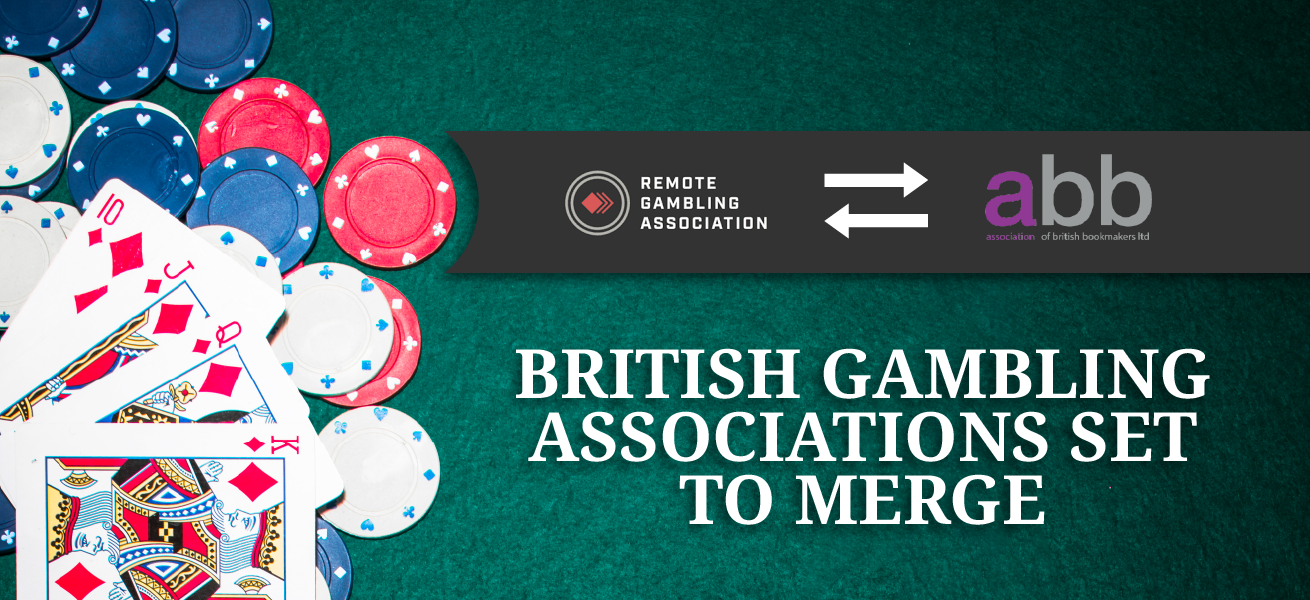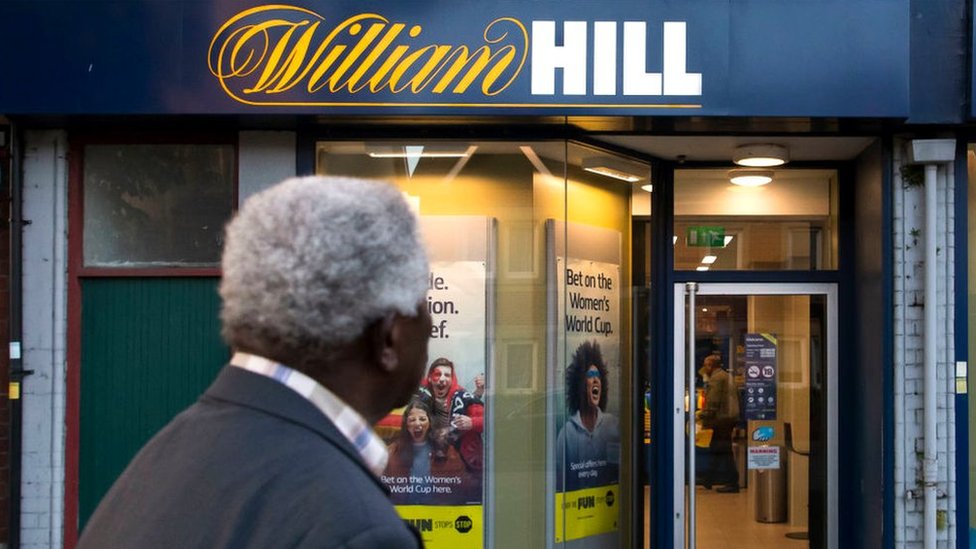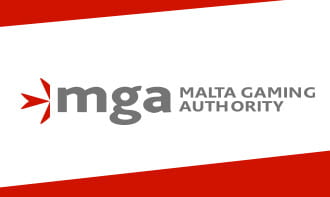Horse racing betting is one of the most well-liked and accepted spectator sports in the United Kingdom. Gambling on race horses plays a crucial role in the nation's betting industry. The two key forms of horse racing in the United Kingdom are flat and hurdle races. Another popular form of horse racing in the nation is one that is relatively informal, called point to point racing. This form of racing along with other forms of professional racing is governed by the nation's horse racing regulatory body – British Horse Racing Authority.
- The British Horseracing Authority (BHA) has warned the government that the industry may be at 'severe threat' The BHA is responding to growing financial pressure and the latest announcement by Prime Minister Boris Johnson who revealed on September 22 that the UK is facing a second wave of COVID-19 infections.
- The present British horse racing governing body is British Horseracing Authority (BHA), formed in 2007. Sire-Line Thoroughbred Founders Thoroughbred racing derives its name from the concept of only using horses that are bred from a specifically chosen stock of horses.
- Dubai Financial Services Authority: United Kingdom: Bank of England Prudential Regulation Authority The Financial Conduct Authority: United States: Board of Governors of the Federal Reserve System Federal Deposit Insurance Corporation DC New York State Department of Financial Services Office of the Comptroller of the Currency: Uruguay.
Where to Bet on UK Horse Races
British Gambling Authority Jobs
All British Casino has also been granted a licence by the Malta Gaming Authority. This licence to operate an online casino is set in compliance with the strict regulations administered by the Gaming Authority. Financial spread betting is not regulated by the Gambling Commission in Britain, rather it is regulated by the Financial Conduct Authority. This means that companies offering financial spread betting opportunities to customers have to be licenced by, and abide by the rules set out by, the FCA.
UK Horse Racing History

British horse racing has its roots in 200AD, when Roman soldiers who invaded the isle conducted the first horse back tournament in the country. The first horse race to have been officially recorded in the United Kingdom was in 1174, during Henry II's reign. The first horse race tournament, in which a trophy was given, was conducted in 1512, in Chester.
In 1601, the sport received attention from a new patron, King James I, who spent many hours at horse racing, when he chanced on Newmarket, a village well known for its amateur horse races. King Charles I, King James I's successor, inaugurated United Kingdom's first Cup Race in horse racing. The cup, titled Gold Cup was instated in 1634. Even today, Newmarket Heath features two active horse race courses, the July Course and Rowley Mile.
British Gambling Authority Definition
This phase of growth in horse racing was brought to a standstill when Sir Oliver Cromwell banned all forms of horse racing. Furthermore, he had most horses requisitioned as a result of which attempts to breed horses were strained. Cromwell was succeeded by King Charles II, who instituted the Newmarket Town Plate, a horse race that is still a part of the United Kingdom.
By the 18th century, the British had cultivated an interest in thoroughbred horses, and recognizing this, the Queen had the Ascot Racecourse created. In 1711, the first race was held here. In the same year, the Royal Ascot – a vital part of the United Kingdom's racing calendar – was founded by the Queen. As an annual event, the Royal Ascot is a high point in terms of horse racing events in the UK. Even today, the event brings together a spectatorship of about 300,000. The opening race at Royal Ascot is called the Queen Anne Stakes, after its founder.
The year 1740 witnessed the parliament's attempts to bring down Britain's interest in horse racing by introducing an act to that effect. This, however, did not affect the enthusiasm of equestrianism's patrons. Nevertheless, it drew attention to an aspect – that British horse racing required some changes that could uplift it. In view of this, the Jockey Club was created. Comprised of owners of race courses, aristocrats and rich horse breeders, the club played a crucial role in regulating the British horse racing scene till 2006.
In 2006, the club stopped functioning as a governing body for the sport and this was done in an attempt to change British horse racing's image as a sport for the elite. Instead, the club wanted the sport to be embraced by all. The present British horse racing governing body is British Horseracing Authority (BHA), formed in 2007.
Sire-Line Thoroughbred Founders
British Gambling Authority Act


British horse racing has its roots in 200AD, when Roman soldiers who invaded the isle conducted the first horse back tournament in the country. The first horse race to have been officially recorded in the United Kingdom was in 1174, during Henry II's reign. The first horse race tournament, in which a trophy was given, was conducted in 1512, in Chester.
In 1601, the sport received attention from a new patron, King James I, who spent many hours at horse racing, when he chanced on Newmarket, a village well known for its amateur horse races. King Charles I, King James I's successor, inaugurated United Kingdom's first Cup Race in horse racing. The cup, titled Gold Cup was instated in 1634. Even today, Newmarket Heath features two active horse race courses, the July Course and Rowley Mile.
British Gambling Authority Definition
This phase of growth in horse racing was brought to a standstill when Sir Oliver Cromwell banned all forms of horse racing. Furthermore, he had most horses requisitioned as a result of which attempts to breed horses were strained. Cromwell was succeeded by King Charles II, who instituted the Newmarket Town Plate, a horse race that is still a part of the United Kingdom.
By the 18th century, the British had cultivated an interest in thoroughbred horses, and recognizing this, the Queen had the Ascot Racecourse created. In 1711, the first race was held here. In the same year, the Royal Ascot – a vital part of the United Kingdom's racing calendar – was founded by the Queen. As an annual event, the Royal Ascot is a high point in terms of horse racing events in the UK. Even today, the event brings together a spectatorship of about 300,000. The opening race at Royal Ascot is called the Queen Anne Stakes, after its founder.
The year 1740 witnessed the parliament's attempts to bring down Britain's interest in horse racing by introducing an act to that effect. This, however, did not affect the enthusiasm of equestrianism's patrons. Nevertheless, it drew attention to an aspect – that British horse racing required some changes that could uplift it. In view of this, the Jockey Club was created. Comprised of owners of race courses, aristocrats and rich horse breeders, the club played a crucial role in regulating the British horse racing scene till 2006.
In 2006, the club stopped functioning as a governing body for the sport and this was done in an attempt to change British horse racing's image as a sport for the elite. Instead, the club wanted the sport to be embraced by all. The present British horse racing governing body is British Horseracing Authority (BHA), formed in 2007.
Sire-Line Thoroughbred Founders
British Gambling Authority Act
Thoroughbred racing derives its name from the concept of only using horses that are bred from a specifically chosen stock of horses. Only such horses are allowed to run in a thoroughbred race. During the 17th and 18th centuries, three foreign horses were brought to Britain to become the sires of thoroughbred horses that were used subsequently in racing.
The horses and local mares were bred, and their foals were carefully selected to create a line of another three legendary thoroughbred sires who gave rise to modern thoroughbreds. The original sires, Darley Arabian, Godolphin Arabian and Byerley Turk were warhorses. These foreign thoroughbreds were strong and fast, however, their strength and speed were not fitting for horse racing. Several generations later, came three sires that defined thoroughbreds. The sires, Eclipse, Herod and Matchem, are at the top of the genetic line for all modern thoroughbreds.
Horse Racing in England
Of the numerous types of horse racing in England, the two most favoured are Flat Racing and National Hunting. In flat racing, thoroughbreds are raced over a flat track, at a set speed. In national hunt racing, horses have to jump over hurdles on soft ground. The biggest event commemorating this form of horse racing is the Aintree Grand National. In addition to this, some of the seasonal horse race events that are the highlight of the sport along with Royal Ascot are Cheltenham Festival and Classic Races.
Horse Racing in Scotland
Horse racing in Scotland is conducted on five racecourses. Among them, the racecourses conduct an average of a hundred races a year. One of Scotland's most well-liked races is National Hunt Race, one which originated in the country. Another racing event that is popular with the Scots is Steeple Chases. This sport started in Scotland in the 1700s, as a point to point race that was run on Scotland's landscapes. The race received its moniker Steeple Chases, as church steeples often served as the finishing points for most of the races. Five of Scotland's biggest racetracks are Ayr Racecourse, Musselburgh Racecourse, Hamilton Park, Perth Racecourse and Kelso Racecourse.
On the international racing circuit, Scottish race horses have shown better capability than thoroughbreds. This is largely attributed to their being born and bred on a landscape and climate that enhances their stamina and strength. Most Scottish race horses are credited with having powerful lungs and smaller ears which enable the horses to run faster than their counterparts.
Horse Racing in Wales
Over the centuries, Wales has had several racecourses that have drawn a lot of spectators. One of the most widely used Welsh race horse is Monmouthshire's Cheapstow Racecourse that hosts the Welsh National. In addition to this, the Ffos Las Racecourse is another that was started in 2009. The racecourse offers both regular and themed racing days.
A third racecourse that is extremely popular in Wales is Bangor-On-Dee – the nation's oldest racecourse that is still operational. These three racecourses predominantly host Wales' preferred forms of horse racing – National Hunting and Flat Racing. In addition to this, Wales has 27 other racecourses dedicated to harness racing – another popular form of horse racing.